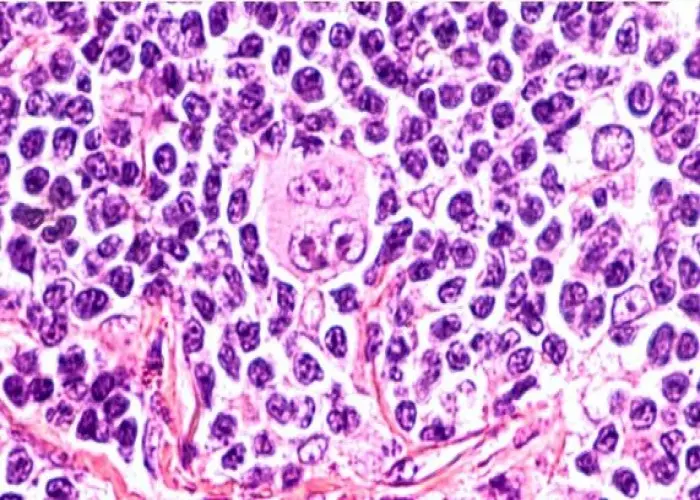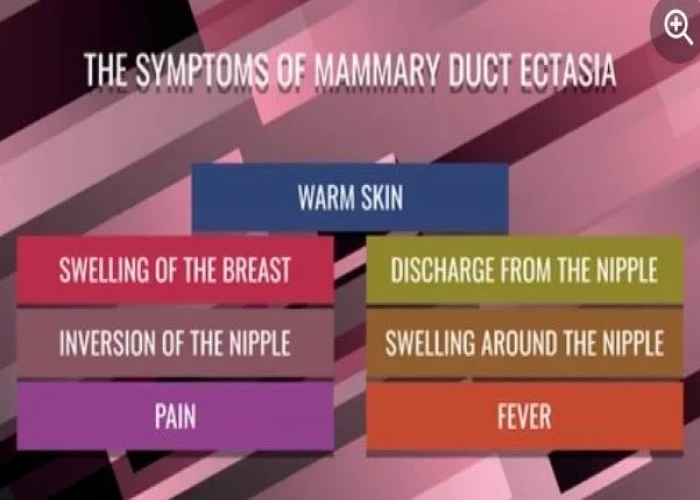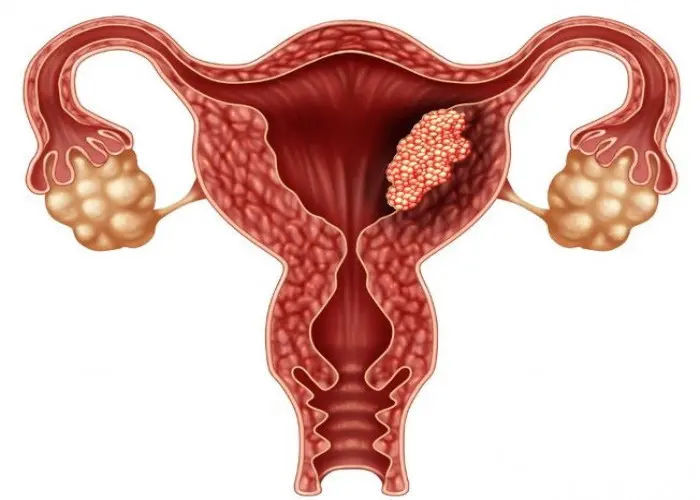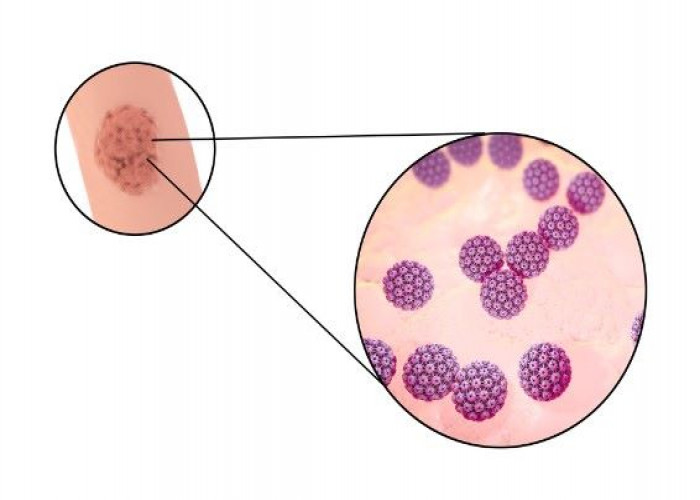 Welcome
Welcome
“May all be happy, may all be healed, may all be at peace and may no one ever suffer."
Genital warts

Genital warts are sexually transmitted infections caused by the human papillomavirus (HPV). They are characterized by small, flesh-colored, or grayish bumps or clusters of bumps that can appear on or around the genitals, anus, or mouth. Warts can be flat or raised, and they may be painless or cause itching or burning.
Genital warts can be transmitted through vaginal, anal, or oral sex, and they can be spread even if the infected person has no visible warts. In some cases, warts may go away on their own, but in other cases, they may persist or grow larger.
There is no cure for genital warts, but treatments are available to help manage the symptoms and reduce the risk of transmission. These treatments may include topical creams or gels, cryotherapy (freezing warts), or surgical removal of warts.
The best way to prevent genital warts is to practice safe sex, including the use of condoms and dental dams during sexual activity, and to get vaccinated against HPV. Regular screening for sexually transmitted infections can also help detect and treat genital warts and other STIs early. If you suspect that you may have genital warts or any other STI, it is important to seek medical attention and get an accurate diagnosis.
Research Papers
Disease Signs and Symptoms
- Genital pain
- Genital itching
- Swollen genital
- Bleeding with intercourse
- Itching or discomfort in the genital area
- Genital wart
Disease Causes
Genital warts
The human papillomavirus (HPV) causes warts. There are more than 40 strains of HPV that affect the genital area.
Genital warts are almost always spread through sexual contact. Your warts don't have to be visible for you to spread the infection to your sexual partner.
Disease Prevents
Genital warts
Limiting your number of sexual partners and being vaccinated will help prevent you from getting genital warts. Using a condom every time you have sex is a good idea, but won't necessarily protect you from genital warts.
Vaccination
The Centers for Disease Control and Prevention (CDC) recommends routine HPV vaccination for girls and boys ages 11 and 12, although it can be given as early as age 9.
It's ideal for girls and boys to receive the vaccine before they have sexual contact.
Side effects from the vaccines are usually mild and include soreness at the injection site, headaches, a low-grade fever or flu-like symptoms.
The CDC now recommends that all 11- and 12-year-olds receive two doses of HPV vaccine at least six months apart, instead of the previously recommended three-dose schedule. Younger adolescents ages 9 and 10 and teens ages 13 and 14 also are able to receive vaccination on the updated two-dose schedule. Research has shown that the two-dose schedule is effective for children under 15.
Teens and young adults who begin the vaccine series later, at ages 15 through 26, should continue to receive three doses of the vaccine.
The CDC now recommends catch-up HPV vaccinations for all people through age 26 who aren't adequately vaccinated.
The U.S. Food and Drug Administration recently approved the use of Gardasil 9 for males and females ages 9 to 45. If you're ages 27 to 45, discuss with your doctor whether he or she recommends that you get the HPV vaccine.
Disease Treatments
If your warts aren't causing discomfort, you might not need treatment. But if you have itching, burning and pain, or if you're concerned about spreading the infection, your doctor can help you clear an outbreak with medications or surgery.
However, warts often return after treatment. There is no treatment for the virus itself.
Medications
Genital wart treatments that can be applied directly to your skin include:
- Imiquimod (Aldara, Zyclara). This cream appears to boost your immune system's ability to fight genital warts. Avoid sexual contact while the cream is on your skin. It might weaken condoms and diaphragms and irritate your partner's skin.
- One possible side effect is skin redness. Other side effects might include blisters, body aches or pain, a cough, rashes, and fatigue.
- Podophyllin and podofilox (Condylox). Podophyllin is a plant-based resin that destroys genital wart tissue. Your doctor applies this solution. Podofilox contains the same active compound, but you can apply it at home.
- Never apply podofilox internally. Additionally, this medication isn't recommended for use during pregnancy. Side effects can include mild skin irritation, sores or pain.
- Trichloroacetic acid. This chemical treatment burns off genital warts, and can be used for internal warts. Side effects can include mild skin irritation, sores or pain.
- Sinecatechins (Veregen). This cream is used for treatment of external genital warts and warts in or around the anal canal. Side effects, such as reddening of the skin, itching or burning, and pain, are often mild.
Don't try to treat genital warts with over-the-counter wart removers. These medications aren't intended for use in the genital area.
Surgery
You might need surgery to remove larger warts, warts that don't respond to medications or, if you're pregnant, warts that your baby can be exposed to during delivery. Surgical options include:
- Freezing with liquid nitrogen (cryotherapy). Freezing works by causing a blister to form around your wart. As your skin heals, the lesions slough off, allowing new skin to appear. You might need to repeat the treatment. The main side effects include pain and swelling.
- Electrocautery. This procedure uses an electrical current to burn off warts. You might have some pain and swelling after the procedure.
- Surgical excision. Your doctor might use special tools to cut off warts. You'll need local or general anesthesia for this treatment, and you might have pain afterward.
- Laser treatments. This approach, which uses an intense beam of light, can be expensive and is usually reserved for extensive and tough-to-treat warts. Side effects can include scarring and pain.
Disease Diagnoses
Disease Allopathic Generics
Disease Ayurvedic Generics
Disease Homeopathic Generics
Disease yoga
Genital warts and Learn More about Diseases

Hodgkin's lymphoma (Hodgkin's disease)

Polymyositis

Mammary duct ectasia

Hot flashes

Lazy eye (amblyopia)

Atrial septal defect (ASD)

Scleroderma

Endometrial cancer
genital warts, যৌনাঙ্গে অরটস, যৌনাঙ্গে আঁচিল
To be happy, beautiful, healthy, wealthy, hale and long-lived stay with DM3S.
